
An aircraft that won Coppa d’Italia, the most famous air race of the interwar period. It was used until the 1950s.

Passenger aircraft used for international flights by Czechoslovak State Airlines between the two world wars.
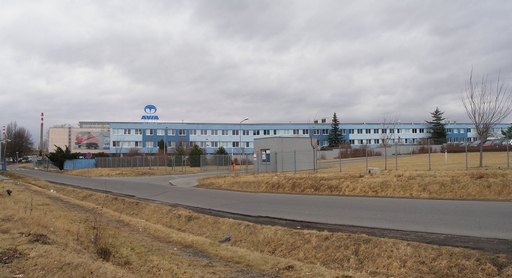
Czech manufacturer of aircraft, buses, trucks and race cars with a century-old tradition. Avia vehicles used to serve various Czechoslovak institutions, e.g. Public Security and firefighters. Armoured carriers manufactured by Avia were used by the military.

Post-war version of the legendary German fighter aircraft Messerschmitt Bf 109 produced between 1947 and 1949 by Avia. For several years, it was the backbone of Czechoslovak Air Force’s fighter fleet and it played an important role in Israel’s struggle for independence.

The largest aviation museum in the Czech Republic. It houses 275 aircraft, some of which are unique in the world.
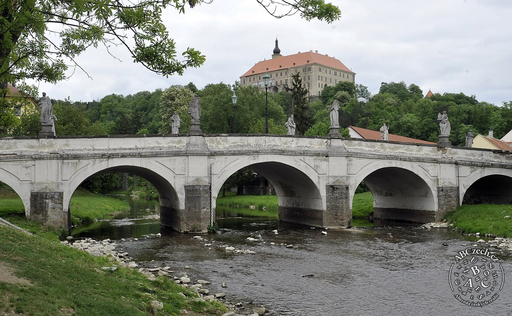
Bridge in the Vysočina region, called “Little Charles Bridge” because of its Baroque sculptures.
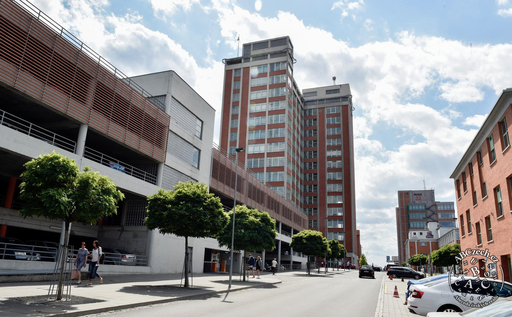
The tallest building in Czechoslovakia in the interwar period. It is one of the eight most important monuments of Czech 20th-century architecture.
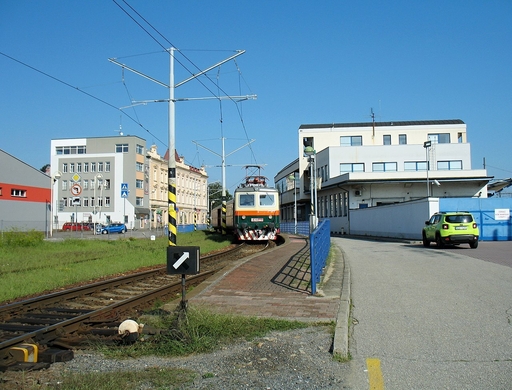
The first electric railway line in Central Europe, in service since 1903. It connects the towns of Bechyně and Tábor. It was never intended for steam locomotives.
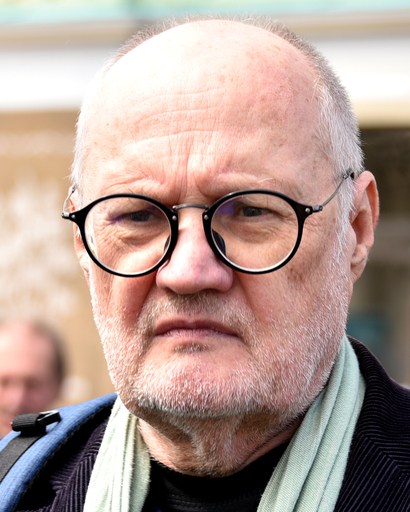
One of the most distinguished contemporary Czech philosophers and sociologists, who lives in Italy and the Czech Republic. A student of Jan Patočka.
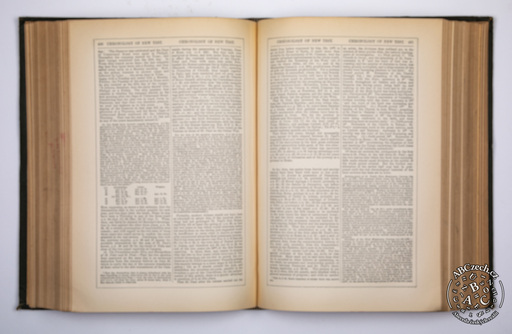
Aircraft manufacturing company in interwar and post-war Czechoslovakia. It was located in Choceň and specialised in the production of training and sport aircraft.

Interwar aircraft that was successful in many different races. A new unit was produced in Mladá Boleslav after almost 80 years from the beginning of the production of the original.

The first aircraft of Czech (Czechoslovak) origin. Single-engine, two-seat, light sports aircraft built in Plzeň shortly after the end of the First World War, a pioneer of aircraft industry in Czechoslovakia.
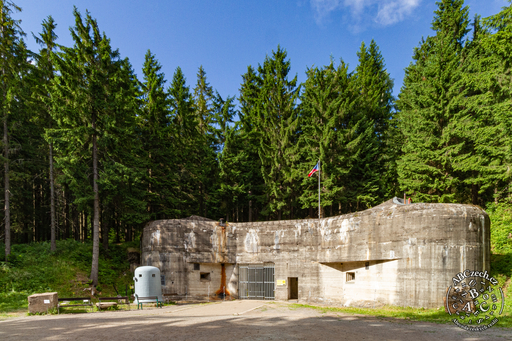
One of the five completed artillery fortifications built as a part of Czechoslovak interwar defences. It is the only one to have been preserved in its virtually original appearance. It is located in the southernmost part of the Orlické Mountains, approximately 6 kilometres from the town of Králíky.
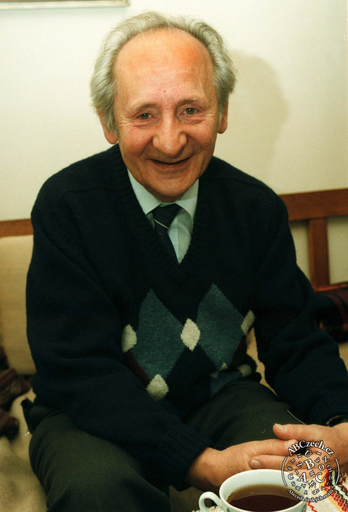
Czech physicist and chemist, inventor of Semtex, orange plastic explosive, one of the most famous Czech products.
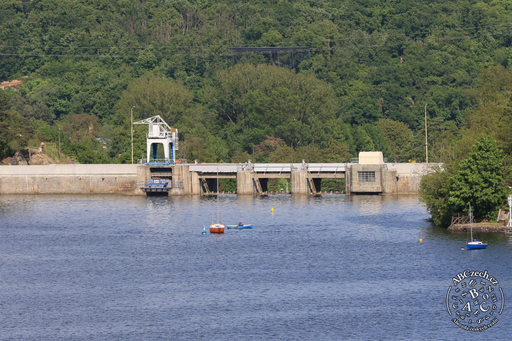
A water reservoir significant for its architectural design, as well as its role in water management and power supply.
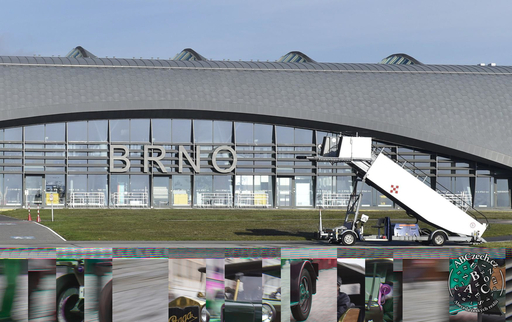
The largest airport in Moravia. Its new building is regarded as one of the best projects in the “organic architecture” style.

Czech physician and pioneer in the area of plastic surgery. Owing to him, in 1932 Czechoslovakia became the first country in the world where plastic surgery was recognised as an independent specialty.

One of the largest and most used railway testing facilities in Europe. Apart from testing vehicles themselves, it is also used for testing railway technologies. The Czech railway speed record has been twice broken on it.

The most widely used Czech electric unit that serves primarily the suburban railway lines around Prague and Ostrava. At the time of its introduction, it brought a number of revolutionary solutions, such air conditioning and a user-friendly information system.
2016-2020 ABCzech.cz - © Filozofická fakulta Univerzity Karlovy
Content from this website may be used without permission only for personal and non-commercial purposes and with the source cited. Any other use is allowed only with the authors' consent.
This web application Sonic.cgi meets GDPR requirements. Current information can be found here.